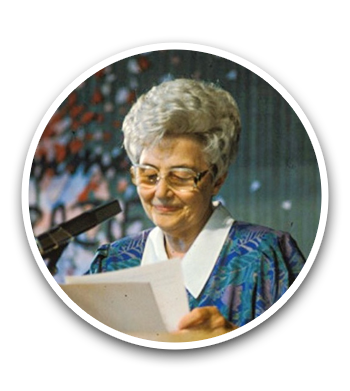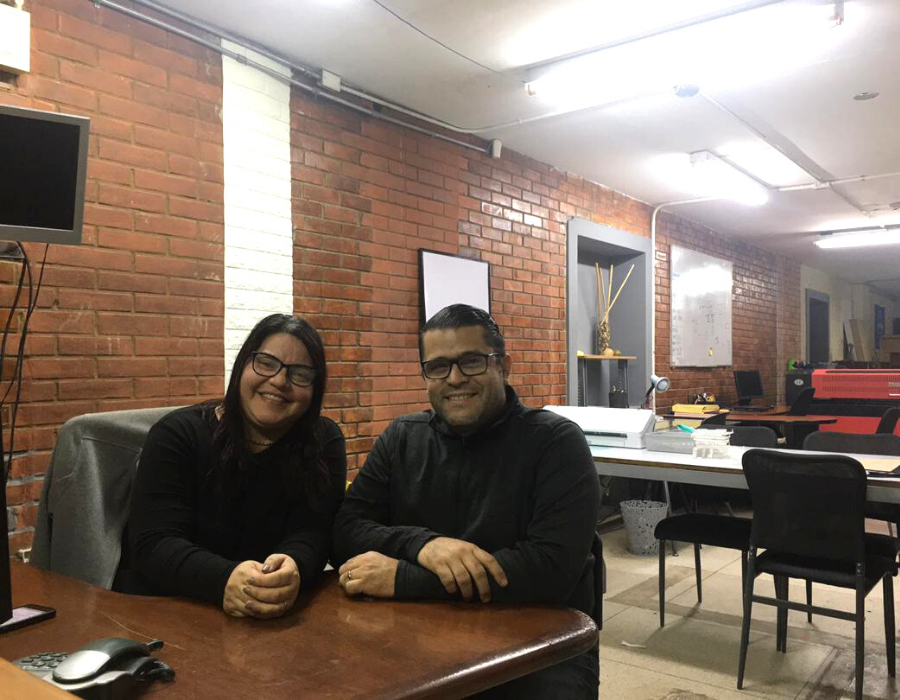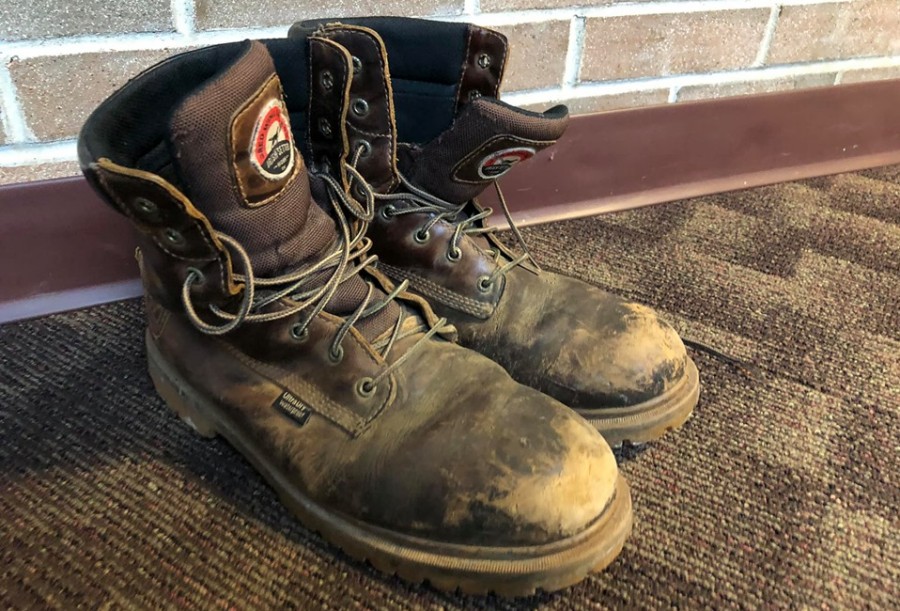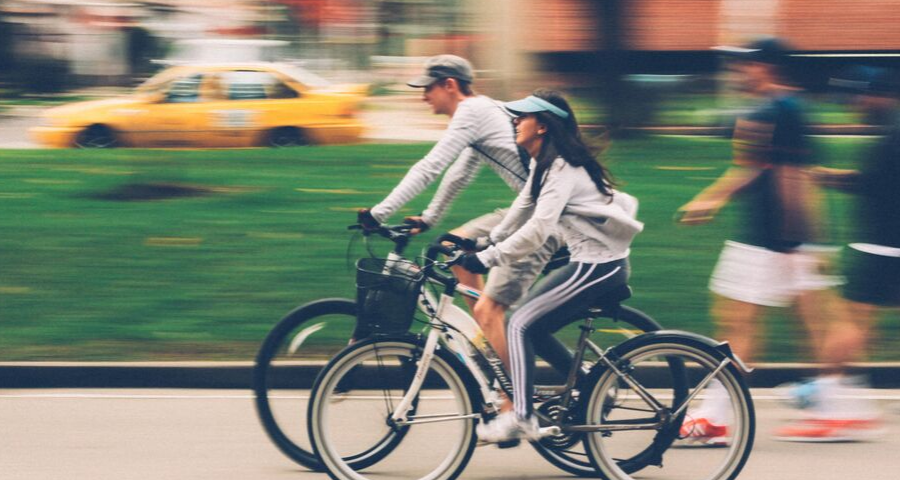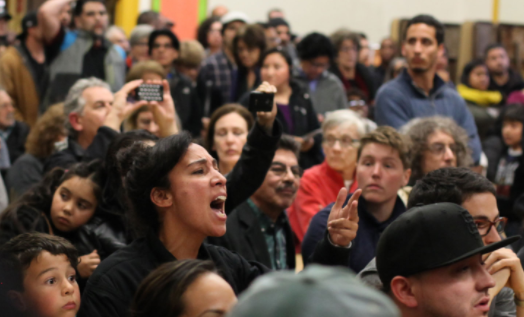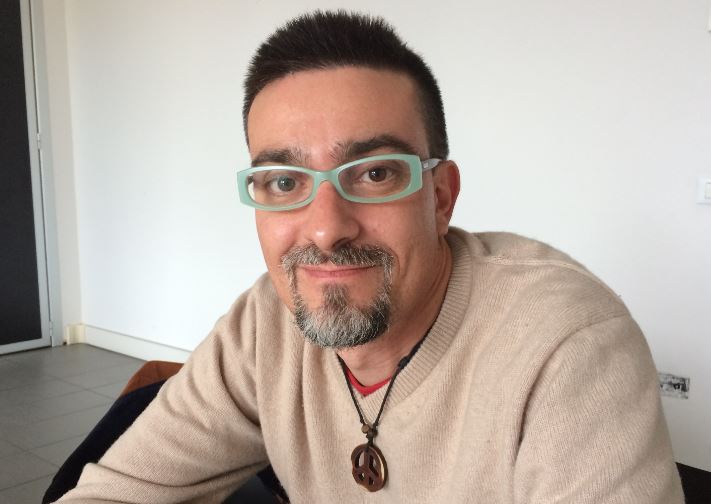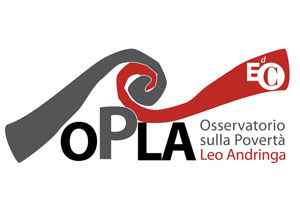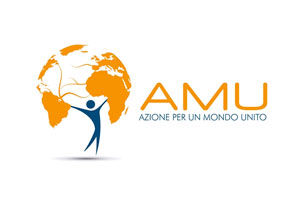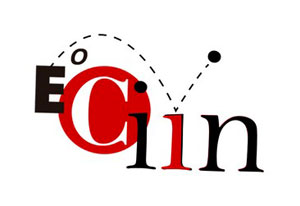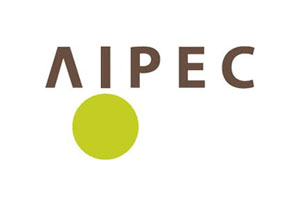There are over two and a half million applications available on PlayStore. Apps exist for work productivity, money management, digital content creation, socialization and even mobility. Bikelite is one of these apps as well, but different, special.
by Lourdes Hercules
You probably use Waze or Google Maps on your mobile to get around by car. Even if Bikelite works in a similar way, it’s also different in some important aspects. Bikelite, as defined by its creator, Chilean Paulina Barria, is a "100% urban mobility system geared towards the safety of cyclists. Unlike other applications, Bikelite uses routes that guarantee personal safety. In the absence of actual bike lanes, the alternative are lanes and roads where cars can go up to a maximum of 30 km per hour". Routes are, furthermore, enriched by various details provided by the cyclists themselves, so that roads can be classified as safe or dangerous.
 Although the application was created in Chile and only launched last June, it is currently used by people all over the world. It has already been downloaded 15 thousand times and is used daily by five thousand people. Its creators aim to reach more than two million cyclists in Mexico, Colombia, Peru and Chile soon.
Although the application was created in Chile and only launched last June, it is currently used by people all over the world. It has already been downloaded 15 thousand times and is used daily by five thousand people. Its creators aim to reach more than two million cyclists in Mexico, Colombia, Peru and Chile soon.
A feature that has earned Bikelite many followers is that a major part of the profits will go to reforestation projects. "The idea is to plant autochthonous trees where they are most needed. We started to collaborate locally with people from other Latin American countries. I am very interested in collaborating with the Mapuche communities (indigenous natives from Chile) because I think they are doing a very important job in the south of Chile for environmental conservation", says Paulina.
A different company, a company of communion
The idea behind the creation of Bikelite was born as a result and in response to a tragedy. Paulina recounts how the death of Ivonne Ramírez marked her life and caused her to interrupt the activities she was carrying out at the time, to direct all her energies to developing this project. Ivonne was a 28-year-old Colombian girl who was working as a volunteer in Chile. One day, while she was cycling, a bus hit her in a street corner killing her. Several similar incidents had already happened in the past in that same place. "I thought that if an app had told her that it was a dangerous route, Ivonne could have been saved and now she would still be alive, and could continue her charity work", says Paulina.
And so the application began to take form with the main objective of preventing as many people as possible from ending up injured or loosing their lives like Ivonne. But not only that. At one point, as the director of this small business, Paulina wondered: what kind of a company should a business be in these critical and turbulent times? How should it act and conduct itself in order to survive in the long run while also benefitting the community?" To these questions, which emerged as reflections - explains Paulina - I could then answer with absolute certainty that the Economy of Communion is the way in which companies must direct the economy in view of the future".
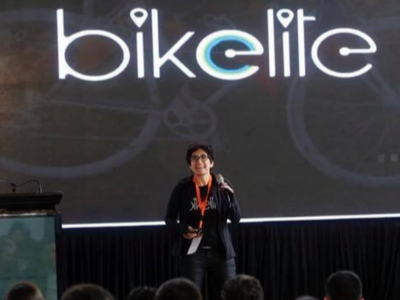 "Finding the economy of communion was everything," she adds. Her encounter with the EoC happened only recently but was very intense from the start. Paulina recounts that in early 2018 she experienced a process of conversion to faith and began to feel a closeness to the Catholic Church. This same process led her to a retreat during Holy Week with a group of nuns called the "Little Sisters of the Lamb". During the retreat, she confided to one of them that she wanted to allocate the proceeds of the app to charity projects, explaining the vision that she had of her company... At that moment, the nun interrupted her and said: "What you have in mind and describe is exactly what Chiara Lubich has done, communion companies!"
"Finding the economy of communion was everything," she adds. Her encounter with the EoC happened only recently but was very intense from the start. Paulina recounts that in early 2018 she experienced a process of conversion to faith and began to feel a closeness to the Catholic Church. This same process led her to a retreat during Holy Week with a group of nuns called the "Little Sisters of the Lamb". During the retreat, she confided to one of them that she wanted to allocate the proceeds of the app to charity projects, explaining the vision that she had of her company... At that moment, the nun interrupted her and said: "What you have in mind and describe is exactly what Chiara Lubich has done, communion companies!"
"At that moment I didn't pay much attention to the name she told me, but as soon as I returned home I started looking in vain for the name of a woman who spoke of sustainable companies, but I couldn’t find anything, I didn't even know during which era she had been active". Suddenly, I felt as if someone was telling me "communion companies". I did a search online and found the New City site in Chile and bought over a dozen books on the Economy of Communion", Paulina says.
She felt as if – bit by bit - the answers to her questions were slowly being revealed to her. "Personally - says Paulina - I also find many answers in resuming the values of the ancestral cultures of Latin America (such as solidarity and reciprocity), but this time projecting them towards the future, a digital future, of a circular economy that favours the development of people".
Cycling towards a sustainable future
The company hopes that the application can reach as large a number of cyclists in the world as possible. That it can become a useful tool for those who travel by bicycle and even encourage people to use this means of transport, which is less harmful to the environment and also benefits the physical health of those who use it. "We want to transform cities through community and return public spaces to those who are part of it, to people and not to cars. Cities today are built according to the infrastructure designed for cars, but vehicles are objects, not people", explains the Bikelite designer.
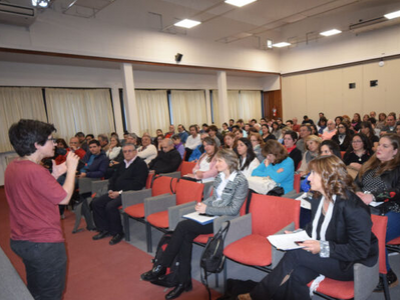 A few days ago Paulina took part in the Economy of Communion. During the congress she was able to see Chiara Lubich for the first time through a video. "I was surprised by the energy and strength with which she speaks. I saw how she gesticulated and moved her hands and I saw in her the same passion that I feel for what I do. Seeing Chiara speak passionately about communion companies made me feel that deep down we speak the same language, it gave me a lot of strength to go on”. Currently, Bikelite has asked to join the network of companies of the economy of communion.
A few days ago Paulina took part in the Economy of Communion. During the congress she was able to see Chiara Lubich for the first time through a video. "I was surprised by the energy and strength with which she speaks. I saw how she gesticulated and moved her hands and I saw in her the same passion that I feel for what I do. Seeing Chiara speak passionately about communion companies made me feel that deep down we speak the same language, it gave me a lot of strength to go on”. Currently, Bikelite has asked to join the network of companies of the economy of communion.
"I feel that there is a whole world of spiritual energy that accompanies this project. I feel close to Ivonne, and I am sure that she is aware of this project. I also feel that Chiara Lubich is close to us. Even though I knew very little about her, I know that Chiara supports this project and that tells me: Go ahead, continue!” Paulina concludes.





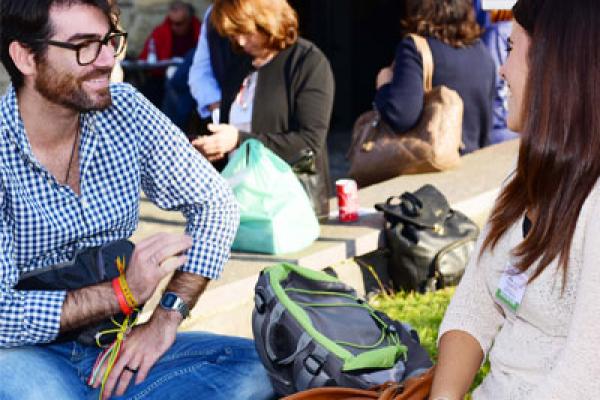
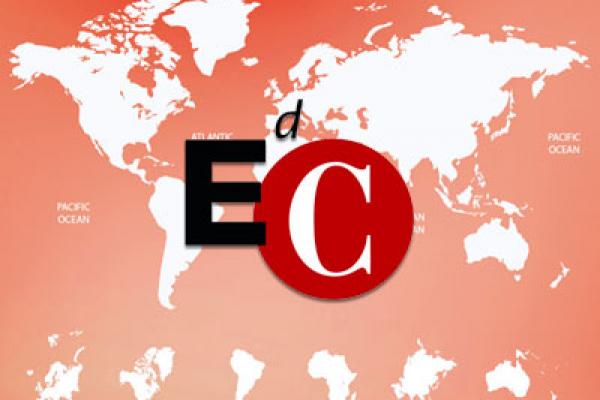
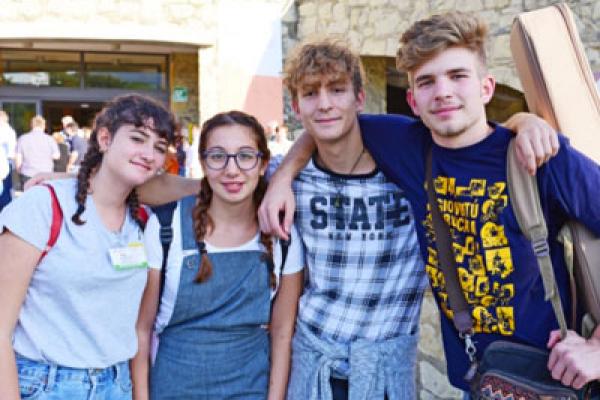
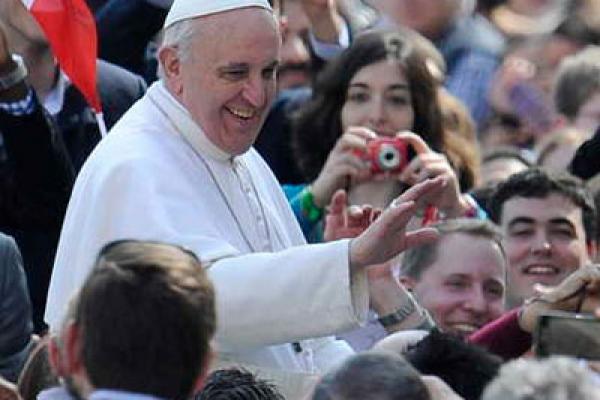
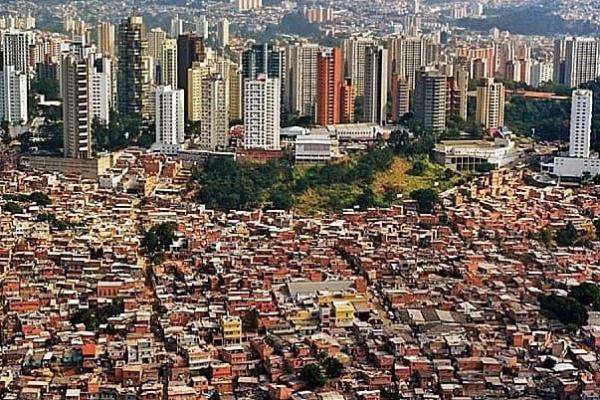
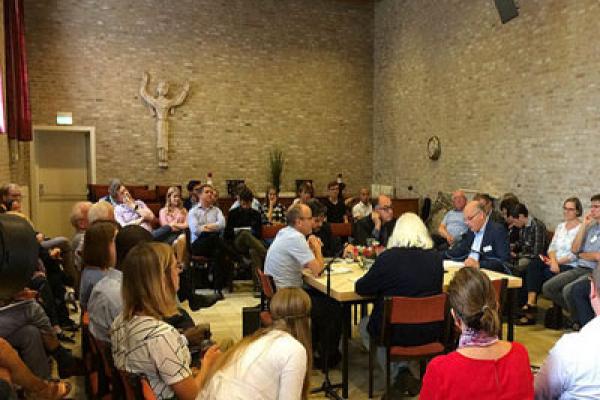



 Although the application was created in Chile and only launched last June, it is currently used by people all over the world. It has already been downloaded 15 thousand times and is used daily by five thousand people. Its creators aim to reach more than two million cyclists in Mexico, Colombia, Peru and Chile soon.
Although the application was created in Chile and only launched last June, it is currently used by people all over the world. It has already been downloaded 15 thousand times and is used daily by five thousand people. Its creators aim to reach more than two million cyclists in Mexico, Colombia, Peru and Chile soon. "Finding the economy of communion was everything," she adds. Her encounter with the EoC happened only recently but was very intense from the start. Paulina recounts that in early 2018 she experienced a process of conversion to faith and began to feel a closeness to the Catholic Church. This same process led her to a retreat during Holy Week with a group of nuns called the "Little Sisters of the Lamb". During the retreat, she confided to one of them that she wanted to allocate the proceeds of the app to charity projects, explaining the vision that she had of her company... At that moment, the nun interrupted her and said: "What you have in mind and describe is exactly what Chiara Lubich has done, communion companies!"
"Finding the economy of communion was everything," she adds. Her encounter with the EoC happened only recently but was very intense from the start. Paulina recounts that in early 2018 she experienced a process of conversion to faith and began to feel a closeness to the Catholic Church. This same process led her to a retreat during Holy Week with a group of nuns called the "Little Sisters of the Lamb". During the retreat, she confided to one of them that she wanted to allocate the proceeds of the app to charity projects, explaining the vision that she had of her company... At that moment, the nun interrupted her and said: "What you have in mind and describe is exactly what Chiara Lubich has done, communion companies!" A few days ago Paulina
A few days ago Paulina 

